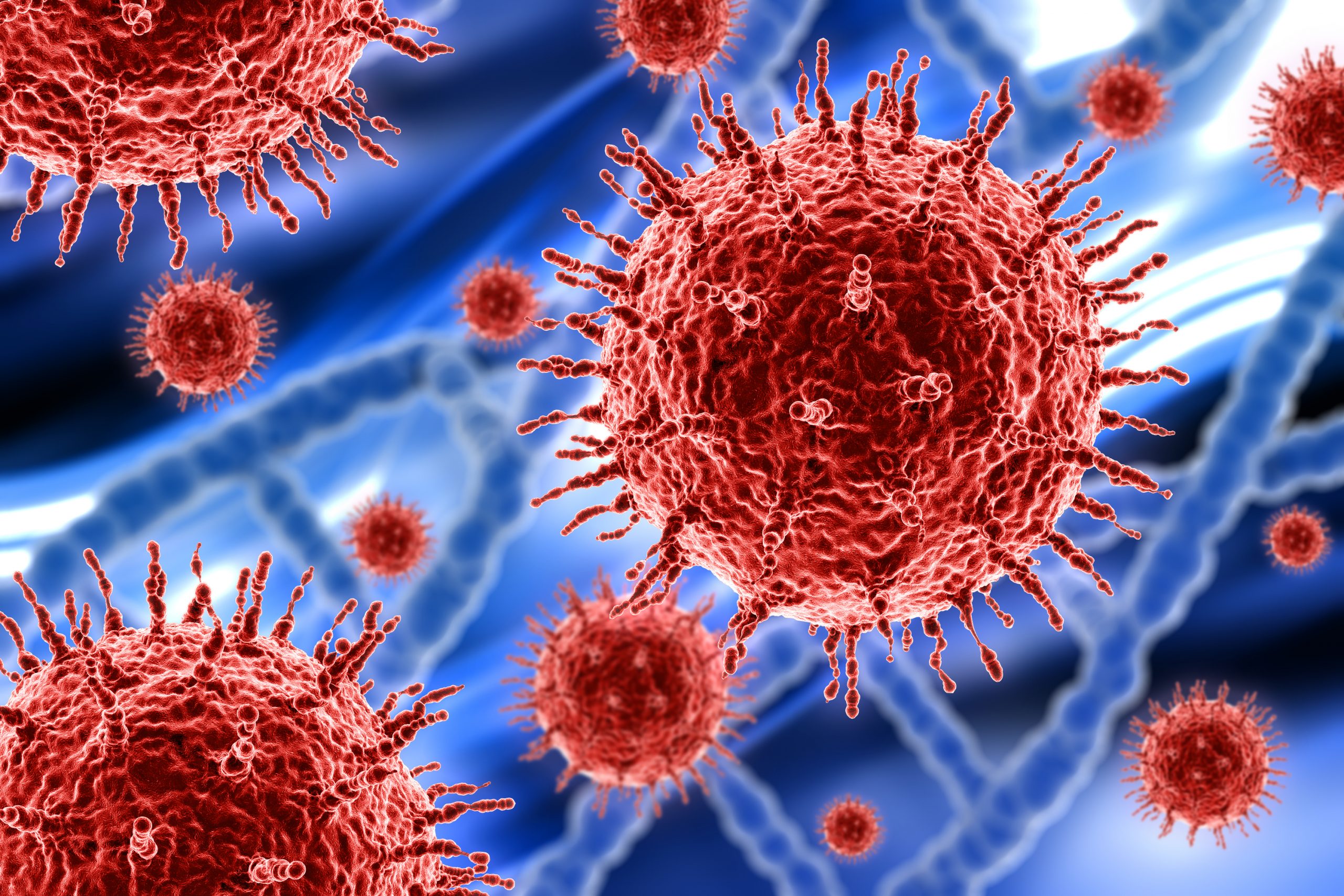

Tumor cells are notoriously good masters of immunological concealment and, in many respects, real-life counterparts of what it’s like to hide under the mythical invisibility cloak featured in the Harry Potter tales. However, new research reveals that cancer cells can be forced to lose their invisibility and expose their presence, which can aid improve anti-cancer therapy action and ensure tumor cell death.
The latest study, led by experts in Sweden and undertaken by an international partnership, featured an ingenious sequence of tests in both human and animal cell lines. The study, which is still in the lab, aims to force cancer cells to display their antigens, or biomarkers, on their surfaces. Once the antigens are known, aggressive immune forces can track down and eradicate the malignancy.
Cancer cells downregulate their antigen presentation molecules in order to remain invisible to immune cells. Prior research has concentrated on ways to improve immune cell recognition of cancerous cells. The latest study suggests that targeting cancer cells themselves may be another strategy to help the immune system overcome cancer cell evasion.
“Decreased antigen presentation contributes to the ability of cancer cells to evade the immune system,” writes Olga Zimmermannova, lead author of the investigation, published in Science Immunology. She and her colleagues in the Molecular Medicine and Gene Therapy division of Lund University in Sweden, reprogrammed cancer cells in the lab, a change that transformed the cells into tumor-derived antigen-presenting cells—APCs. Once transformed, the cells were visible to the immune system.
We used the minimal gene regulatory network of type 1 conventional dendritic cells to reprogram cancer cells into professional antigen-presenting cells, tumor-APCs,” Zimmermannova added, noting, “Our study lays the foundation for the development of immunotherapies that would allow reprogramming of cancer cells to antigen-presenting cells in situ.
The scientists took a cue from Mother Nature to devise their novel method of removing tumor cells’ invisibility cloak. Antigen presentation cells, or APCs, are three types of cells found in the blood. This trio, however, is not just any old trio; they are known as professional APCs in the official biological nomenclature, and they include macrophages, B cells, and dendritic cells. Their function as a professional APC (along with other vital responsibilities) is to convey potentially harmful antigens to T cells.
In addition to the experts at Lund University, the team included members from Denmark and Switzerland. The international team of researchers demonstrated that cancer cells may be reprogrammed and trained to work together to make tumor antigens apparent to killer T cells.
The scientists produced tumor antigen-presenting cells in both mouse and human cancer cell lines by using transcription factors linked with antigen-presenting conventional type 1 dendritic cells. These altered cells were able to elicit efficient killer T cell activity after being reprogrammed using transcription factors.
“Reprogramming restored the expression of antigen presentation complexes and costimulatory molecules on the surfaces of tumor cells, allowing the presentation of endogenous tumor antigens on MHC-I [major histocompatibility complex-1] and facilitating targeted killing by CD8+ T cells,” Zimmermannova wrote.
“Functionally, tumor-APCs engulfed and processed proteins and dead cells, secreted inflammatory cytokines, and cross-presented antigens to naïve CD8+ T cells. Human primary tumor cells could also be reprogrammed to increase their capability to present antigen and to activate patient-specific tumor-infiltrating lymphocytes.”
What the researchers actually created was a novel method for removing cancer cells’ invisibility cloaks, which are notoriously skilled masters of disguise. When the researchers administered lab-treated tumor-APCs directly into existing melanoma tumors in mice, they saw lower tumor growth, enhanced responsiveness to immune checkpoint inhibitor medication, and higher survival rates.
“We envision that the cancer reprogramming technology described here can be further utilized in vivo bringing conventional type 1 dendritic cells reprogramming one step closer to clinical translation,” Zimmermannova concluded, while also acknowledging the need for additional research to optimize treatment delivery, scalability, and safety.
more recommended stories
 AI Predicts Chronic GVHD Risk After Stem Cell Transplant
AI Predicts Chronic GVHD Risk After Stem Cell TransplantKey Takeaways A new AI-driven tool,.
 Red Meat Consumption Linked to Higher Diabetes Odds
Red Meat Consumption Linked to Higher Diabetes OddsKey Takeaways Higher intake of total,.
 Pediatric Crohn’s Disease Microbial Signature Identified
Pediatric Crohn’s Disease Microbial Signature IdentifiedKey Points at a Glance NYU.
 Nanovaccine Design Boosts Immune Attack on HPV Tumors
Nanovaccine Design Boosts Immune Attack on HPV TumorsKey Highlights Reconfiguring peptide orientation significantly.
 High-Fat Diets Cause Damage to Metabolic Health
High-Fat Diets Cause Damage to Metabolic HealthKey Points Takeaways High-fat and ketogenic.
 Acute Ischemic Stroke: New Evidence for Neuroprotection
Acute Ischemic Stroke: New Evidence for NeuroprotectionKey Highlights A Phase III clinical.
 Statins Rarely Cause Side Effects, Large Trials Show
Statins Rarely Cause Side Effects, Large Trials ShowKey Points at a Glance Large.
 Anxiety Reduction and Emotional Support on Social Media
Anxiety Reduction and Emotional Support on Social MediaKey Summary Anxiety commonly begins in.
 Liquid Biopsy Measures Epigenetic Instability in Cancer
Liquid Biopsy Measures Epigenetic Instability in CancerKey Takeaways Johns Hopkins researchers developed.
 Human Antibody Drug Response Prediction Gets an Upgrade
Human Antibody Drug Response Prediction Gets an UpgradeKey Takeaways A new humanized antibody.

Leave a Comment